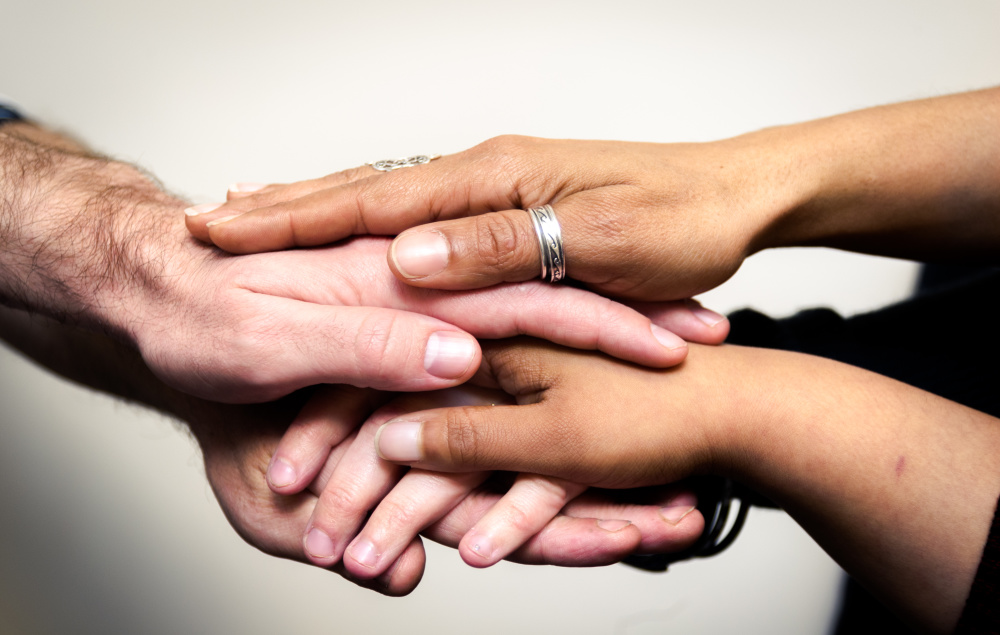Support groups can bring cancer patients together who are going through—or went through—similar experiences. Facilitated sometimes by peers, social workers or other psychosocial professionals, these groups offer patients the opportunity to share their stories and the emotional impact of a cancer diagnosis among a group of people who can relate. There are many different types of support groups—so how do you find the one that’s right for you?
Katelyn MacDougall, MSW, LICSW, a clinical social worker at Dana-Farber Cancer Institute, answered some questions patients may have when looking for a support group that fits their needs.
What is the most important thing to consider when considering a support group?
Support groups can be very helpful to those feeling isolated or like “no one else gets it.” Think about what you are hoping to find in a support group and try to seek out a group based on this hope. Are you looking to connect with other cancer patients of a similar age? Do you want a group of people who have been through the same diagnosis? Or received the same form of treatment? Perhaps you would just like someone else to talk to who has been through a life changing diagnosis?
It’s important to discuss the structure of the group with its facilitator prior to attending your first meeting. Questions for the facilitator can include: Who typically attends? How many people are in this group? What are the common themes or discussions? This way, you can feel more prepared to participate, and ensure that you are joining a group that aligns with your goals.
Are there specific support groups for rare cancers?
Many cancer support groups, including those offered at Dana Farber, are disease-specific. This means that each member of the group has the same or similar type of cancer, for both rare and more common cancers. For example, there might be a breast group, gastrointestinal group, or a sarcoma group. Cancer support groups can also be organized by patient demographics like age. Here at Dana-Farber, a young adult-specific group is offered for those ages roughly 18-39.
Who can help connect me with the right support group?
A social worker, as well as other types of psychosocial clinicians, can direct you to a group and help you explore if that group would be a good fit. Talking to the group facilitator will ultimately help you decide if a particular group is right for you. There are also many trusted resources available online.
I’m not comfortable talking about my cancer experience, yet. Are support groups still beneficial for more reserved patients?
Yes, absolutely. Group facilitators will not force you to share your own experience, and it may be therapeutic enough just listen to others. It’s also important to keep in mind that a support group might not be for everyone, and it’s perfectly okay if it’s not right for you. Your openness might also change throughout the course of your treatment, and you may find that you are more or less ready to share your story or hear from others at different times throughout your experience.
What if there aren’t any support groups for my cancer type near me?
Some support groups have remote options; for example, a conference line to dial in to. You might also consider attending a more general cancer support group. While the disease and exact treatments among the group may vary, there are often common feelings and experiences you may connect with others about, regardless of cancer type. Online support groups can be an excellent resource if you live far away or have restrictions due to treatment.
Are there support groups for friends and family members of cancer patients?
Yes! There are caregiver-specific support groups, at Dana-Farber and beyond. Some disease-specific support groups are open to both patients and caregivers, too. You can find out who is able to attend by reading the description of the group and checking with its facilitator. The American Cancer Society offers a great search tool to find groups closer to home.
Learn more about joining a support group at Dana-Farber Cancer Institute.

